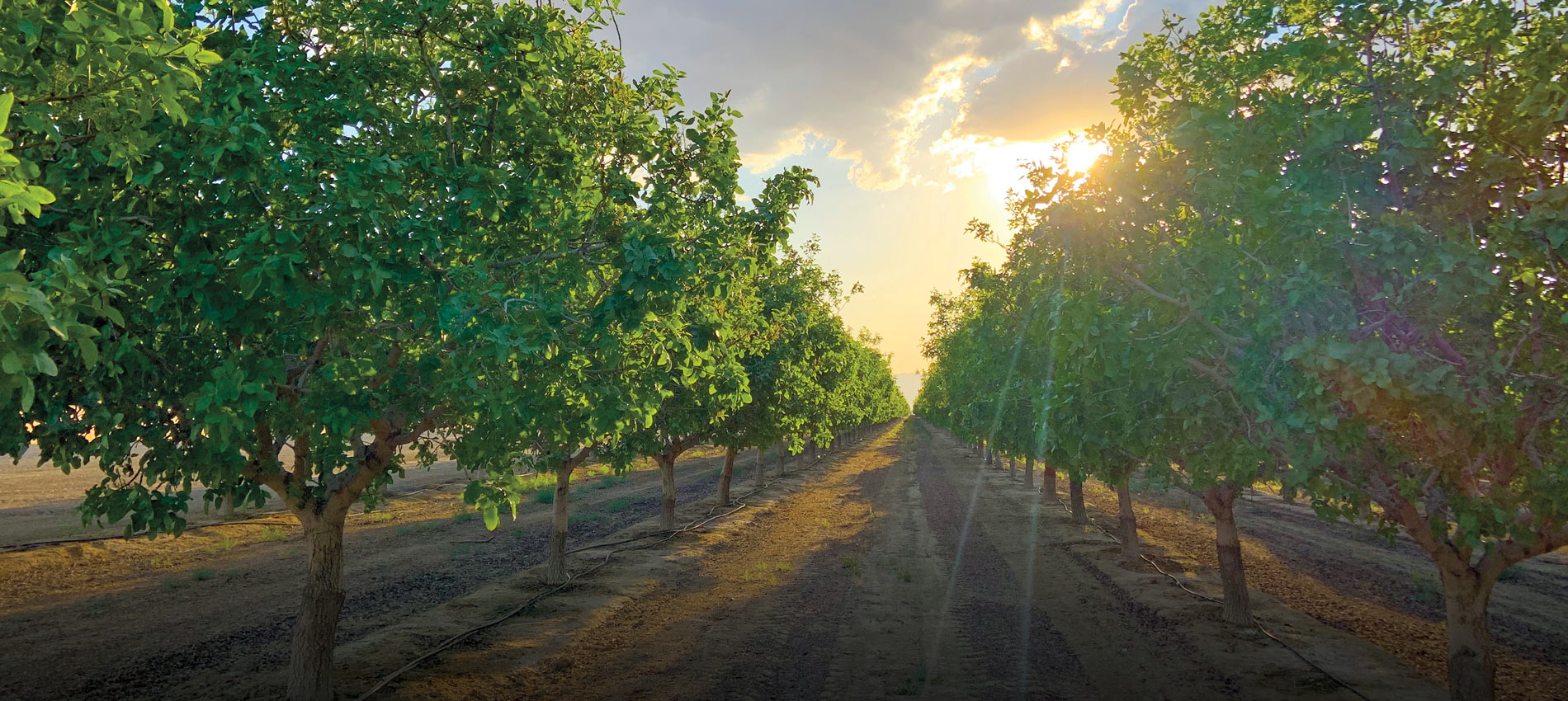When Steve Bruere Began his first day of work at Peoples Company in 2003, the real estate brokerage firm didn’t consist of much beyond a creaky DOS computer in the office, a scant four listings on the books, three full-time employees and no website.
But as any farmer knows, big things can grow from even the smallest of seeds, and that has definitely been the case for Peoples Company. Today, the company is licensed in 23 states, with more than 100 employees and a total of nine offices, stretching from the Pacific Coast to the Thumb of Michigan to the fertile land of the Arkansas Delta.
“This [expansion] has been in my head for a long time,” says Bruere, an Iowa native who grew up not far from Peoples’ original office in Indianola before becoming the company’s president. “It might seem like we’ve been aggressive, but we were actually pretty conservative. We spent several years building the engine we needed here at home before expanding outside the state.”
Peoples Company began in the 1960s simply as the farm management department of Peoples Trust and Savings Bank. Even after becoming an independent entity following a bank merger in 1972, Peoples remained a small, local operation for the next three decades.
This approach worked well during the 20th century, when most farmland deals in the area involved local farmers selling to other local farmers. But Bruere says when he joined Peoples Company, he anticipated that significant change for the industry was on the horizon.
“It dawned on me that a lot of institutional capital was interested in coming into the farmland business. Not your traditional farmers, but investors,” Bruere says. “So I started having this vision for building a national brokerage house that could do brokerage work, appraisals, management, and then work with investors who want to acquire farmland assets.”

Peoples Company took its first step onto the national stage in 2008 with the creation of the Land Investment Expo in Des Moines. This annual conference quickly developed into one of the premier agricultural forums in the country, attracting nearly 1,000 attendees including institutional investors, agricultural organizations, economists, as well as political and academic leaders.
“The Expo has been the cornerstone of our marketing efforts,” Bruere says. “Through it, we’ve been able to associate with a lot of that institutional capital that wants into the farmland space.”
Meanwhile, behind the scenes, Bruere began positioning Peoples for expansion. The company carefully examined data from both the United States Department of Agriculture and the National Council of Real Estate Investment Fiduciaries to determine where farmland transactions were occurring most often in order to target those regions. New mission and vision statements were adopted that resonated around the idea of Peoples being a global land business. And Bruere went through the process of securing licenses for the company in states well outside the Midwest.
“Some people in the office were curious about those mission and vision statements, because they seemed a little far-reaching,” Bruere says. “They were also wondering why I was getting us licensed in Montana and Florida, since at the time we were doing business only in Iowa.”
But it was growing more difficult for a single-state brokerage to succeed in an era of Google maps and online land-evaluation tools. Suddenly, almost anybody with a computer, a website and a drone could be in the real estate business. This increased competition put pressure on fees, and the business was becoming commoditized in Iowa.
“The market for pecans or wine grapes doesn’t have geographical boundaries that are as specific as state boundaries,” says Bruce Sherrick, a professor of Agriculture & Consumer Economics at the University of Illinois and Director of the TIAA Center for Farmland Research. “So you don’t want to draw these arbitrary boundaries where you’re showing a property only to your neighbors. You want to be exposed nationally to professional investors.
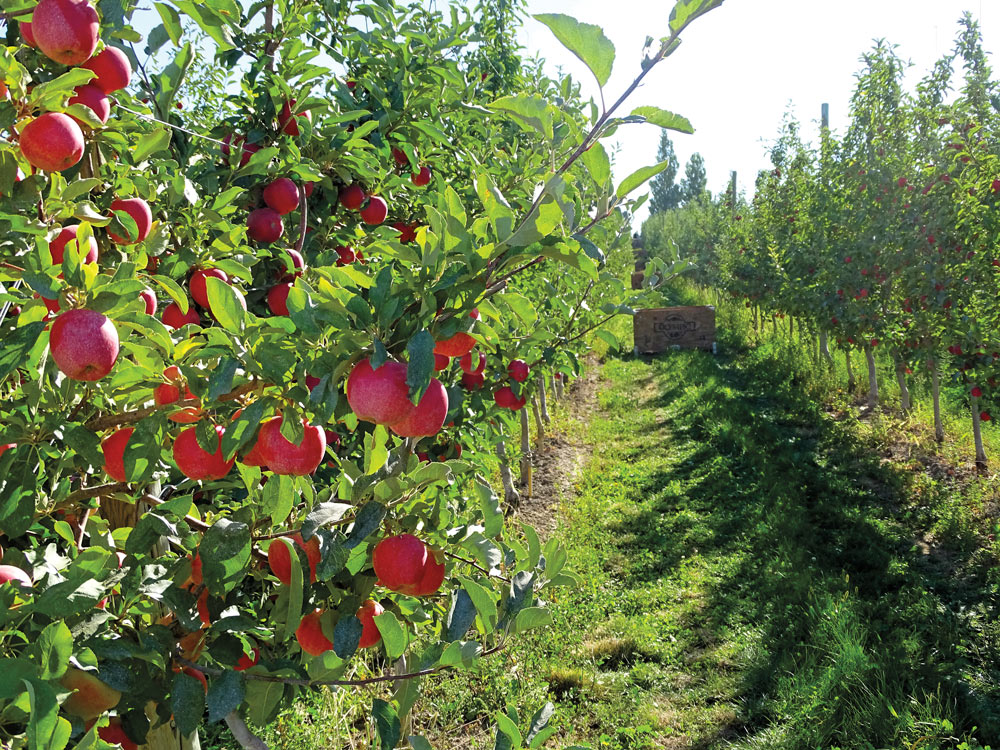
“Steve was a little ahead on this evolution of land markets, where transactions don’t depend so much on where you’re located. He seems to have a feel for what’s just around the corner on things that are going to impact the land ownership or transaction market in a significant way. So he’s been absolutely willing to invest in new people and technologies and different structures.”
Peoples Company Vice President Molly Zaver agrees. After joining Peoples in 2017, she quickly realized that Bruere has an open-minded approach to growing the company.
“He’s very willing to explore new ideas and new ways of doing things. Anything that could potentially allow us to do something bigger and better, he embraces and supports,” Zaver says. “We’re not scared of trying anything new. We’re big thinkers and hungry for the next best way to do things.”
Peoples’ first big splash in going national occurred in 2017, when the company acted as broker in the selling of Weidert Farm in Washington’s Walla Walla Valley. This beautiful 6,000-acre property provides panoramic views of the Blue Mountains, along with rich soil and ample water supplies for a wide variety of crops. The deal garnered national recognition from USA Today, The Land Report, and the National Auctioneers Association.
“It was an opportunity for us to showcase what we can do,” Bruere says. “A farmland transaction in Iowa is basically corn and soybeans, so there’s only so much you can do with your marketing. But that property helped expose us to a lot of different people: folks in the organic industry, wine grapes, apples, blueberries, institutional capital. We were able to put a vision together for that property and show it to the industry. That demonstrated our capabilities, and it’s led to several other major transactions since then.”
It also was the catalyst that accelerated Peoples’ overall expansion efforts. The company’s ensuing three-year strategic plan was entitled, “How do we get big but stay small.” The goal, Bruere says, was to open offices in different areas of the country and hire employees to handle specific responsibilities, allowing Peoples to broaden its scope while still maintaining a more personal and local focus through its platform of services.
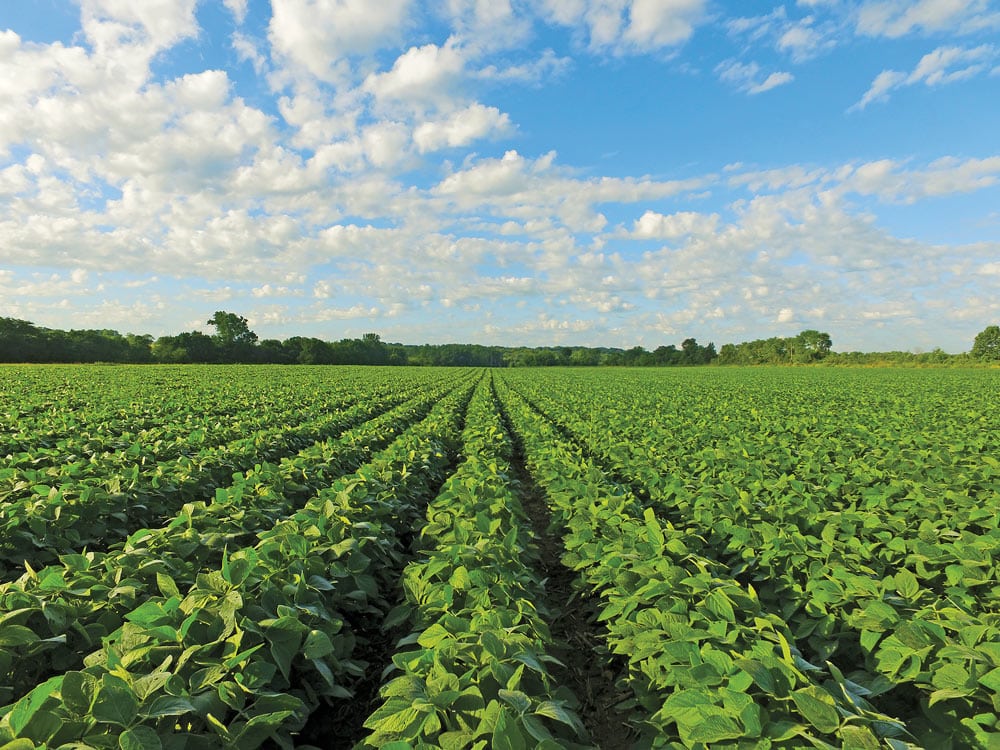
“Our model is to get the very best, high-quality people who fit into our culture, and then go out and serve these professional landowners who want something above and beyond just a local broker representing their property,” Bruere says. “In some smaller offices, the appraiser may also be the manager or the broker. Our observation is that managers are wired differently than appraisers, and appraisers are wired differently than brokers.
“So we tell everybody who works for us that they’ll focus on one role, then we ask them to get the highest accreditation they can for that profession. This gives our clients the best person for each job working on their project. The old small-town version of Peoples Company couldn’t really offer that, but it’s possible with this national network of individual brokers, managers and appraisers we’ve put together.”
The Weidert Farm deal led to the establishment of an office in Walla Walla, as AgriBusiness Trading Group began operating under the Peoples Company banner. AgriBusiness President Adam Woiblet said that while working with Bruere on the Weidert transaction, he was impressed with the number of connections Peoples has within the industry.
“Steve has built relationships over the years with all these institutional-type investors and buyers,” Woiblet says. “We had some access to them, but Steve has taken it on to really cultivate those relationships with that specific type of buyer. And it takes that type of sophisticated, large buyer to handle projects the size and scope of Weidert.
“You have different tools for any given job, and with Peoples Company, we have a very robust toolbox now given all the different personalities and experiences from all over the nation. Ultimately what Steve is building is a much bigger toolbox.”
From the appraisal side, Peoples joined forces with Value Midwest out of Marlette, Michigan. Founded in 1994 by Mark Williams, the firm has completed evaluations in more than 40 states, providing Peoples with an immediate national expansion of its appraisal services.
“I immediately took a liking to Steve and his company the first time I walked into their office,” Williams said. “There was just a calmness to their operation. The people knew what they were doing, there was synergy, and you could tell they enjoyed working there. Being connected with them has been a really good fit for us.”
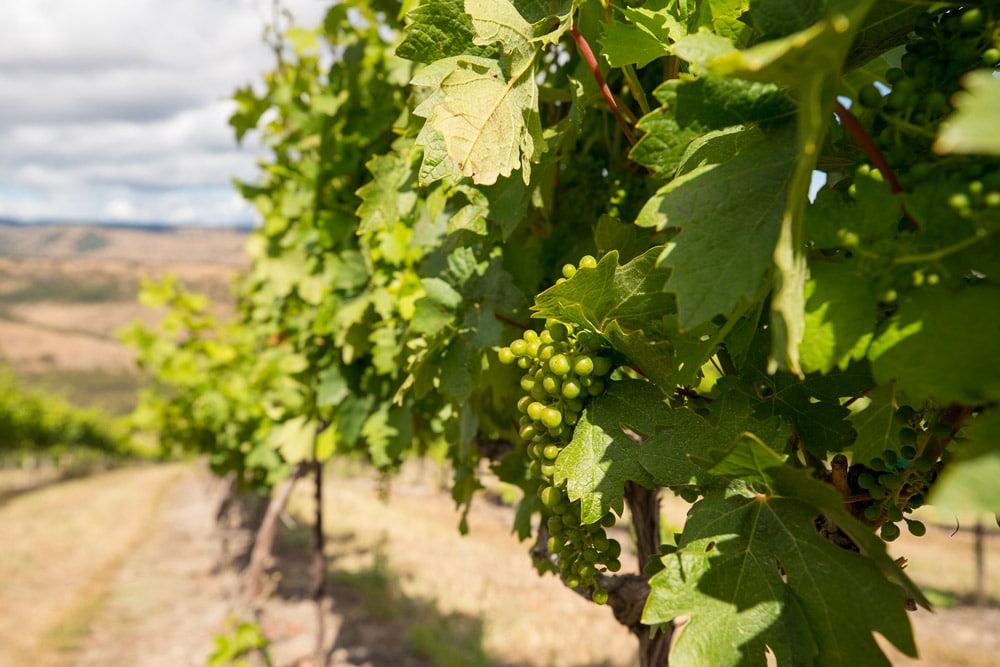
New offices were established at the beginning of this year in Omaha, Nebraska, with the acquisition of Mid-Continent Properties, and in California in both San Diego and Fresno. The company’s latest office opened in June in Jonesboro, Arkansas.
“The absolute belief in the company leadership by both employees and agents is what’s allowing Peoples Company to make the strides we’re making,” says Jeff Post, the former president of Mid-Continent Properties who now serves as a broker with Peoples. “When somebody else believes in you as an individual, you can do things you never thought possible. That is a huge element in the tremendous growth that has taken place in Peoples.
“I’ve been licensed in real estate since 1997, and I’ve been more excited about my career in these past few months than I was in the previous 23 years. That speaks volumes to the culture and the entity that Peoples is becoming.”
The feeling is the same in California, where Curtis Buono and Jeremy Darner both left jobs with an established global real estate services firm to head up Peoples Company’s expansion into the Golden State and neighboring Arizona.
“It’s fitting that it’s called Peoples Company, because the ability of this company to expand relies on the people,” says Darner. “Steve has a very tactical and intentional growth strategy that relies on individuals who are diverse in their skill sets and the markets they serve.”
Buono points out that local knowledge of the farm market is especially important in California, where more than 300 commodities are grown. He says the ability to make on-the-ground decisions instead of deferring to the out-of-town corporate headquarters was one of the reasons he was excited about joining Peoples Company.
“The lack of bureaucracy and the agility of the platform are really compelling,” Buono says. “If we want to do something like hire a water consultant for a project, we know Steve is going to be on board if it makes business sense. They’re willing to make big investments.”
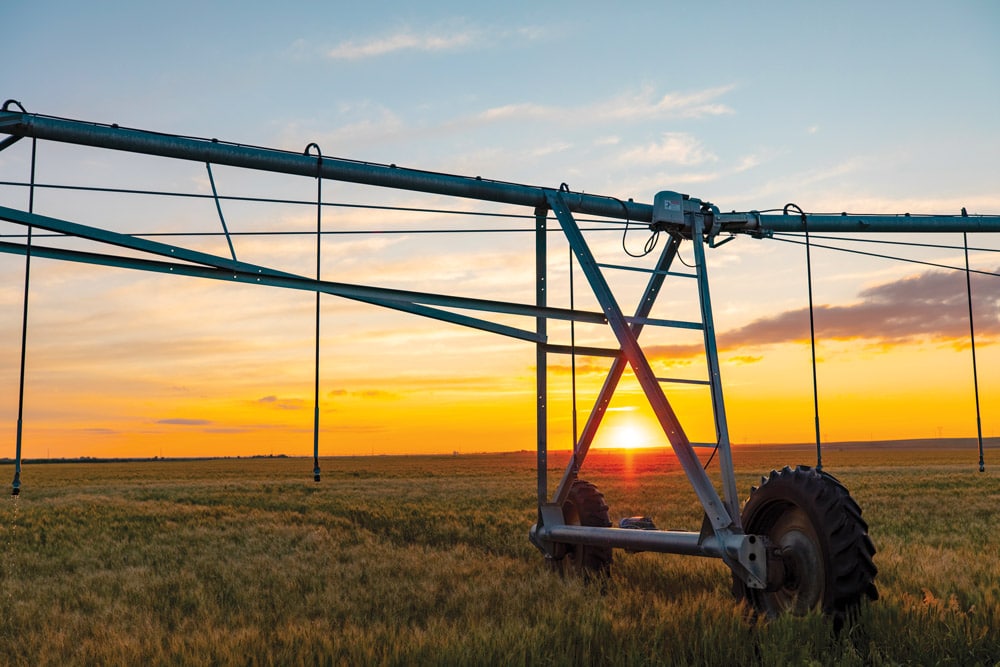
Peoples’ growth includes an expanded focus on land management and investment services.
“A critical component of building a national-scale farmland transaction business is engaging investment capital,” says Dave Muth. “Through the company’s national presence and established set of relationships, the investment services component of Peoples Company can take advantage of very unique and robust deal flow to connect farmland assets with the right investors. Adding in the Peoples Company management platform, we can provide turnkey asset management solutions for investor clients.”
The company hired Michael Lauher, who has 27 years of experience in farm management, to oversee the build-out of land management, operations and valuation platforms in new markets. Lauher also is assisting with the implementation of the new Leading Harvest sustainability standard, a major initiative involving Peoples and several other companies and organizations.
“Peoples Company has done a fantastic job for a long time managing property in Iowa, and now we’re replicating that in other parts of the country,” Lauher says. “We’re making sure that the same high quality that Peoples Company customers are used to happens throughout the nation.”
Bruere says he wants Peoples Company to hire another 20 to 30 employees and open several more offices in the coming years, the final steps of transforming into a national player when it comes to farmland real estate.
“There are still some regions where we have some holes to fill on the map, and some places where we need to continue to build up the roster,” Bruere says. “The success of this is going to depend on how well we’re able to transition and integrate all these offices around the country into what we’re doing here in Iowa.
“If we can do that, then we’ll see this vision through of having a national footprint where we serve all the major agriculture markets as a full-service national farmland transaction company.”
